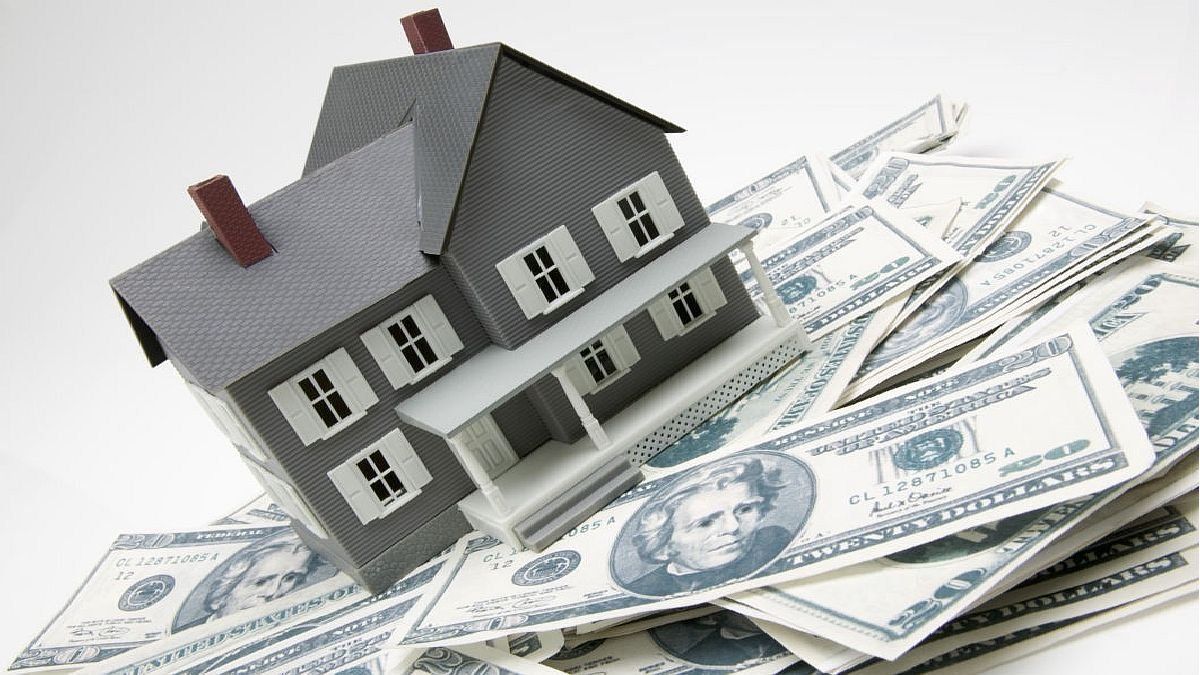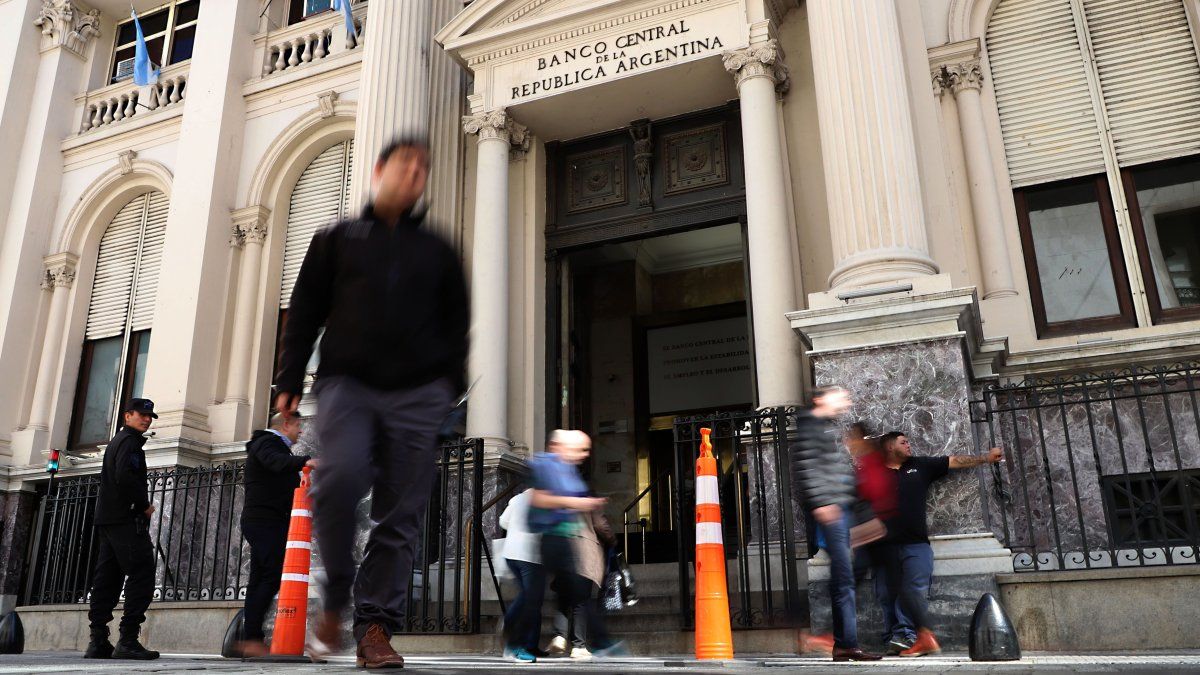The economic uncertainty crosses and impacts many areas. A clear example of this is seen in the real-estate marketwhere according to the latest data, from April, indicate a decrease in the level of operations carried outa sector that was already going through a scenario with little movement.
According to the College of Notaries of the City of Buenos Aires, the number of deeds authorized by notaries during April on properties located in that district were 2,750which implies a 4.3% less compared to last month. “The market is in a very complex situation, a situation like this has never been seen,” he maintains in dialogue with Ambit Alejandro Bennazar, president of the Argentine Real Estate Chamber (CAI).
And part of this situation that he describes is reflected in the dynamics of real estate prices, given that, according to Mariano García Malbrán, president of the Chamber of Real Estate Services Companies (CAMESI), currently, the value of the square meter in the Buenos aires city is in your floor after traversing decreases in dollars of between 25% and 35%.
“The decrease in sales prices was imposed by the values of the operations actually carried out, based on a market oversupplied and with a very low demand. These market values were imposed based on the offers made by the buyers and the sale of the owners who had the need and the decision to sell their property, “he explains.
Months of complications for the real estate market
One of the issues that has the real estate market in suspense is the regulations governing rental contracts. 1st of July It will be three years since the current rental law began to applywhich established, among other things, the minimum term of three years for the rental of real estate and annual increases established through a indexwhich is published by the Central Bank (BCRA) and which is established based on an equation that combines the values of inflation with the evolution of wages.
The current law designed that calculation for the increases with the objective that the tenants should not face values whose evolution exceeds that of inflation. From the point of view of the owners, this, added to the high levels, meant a loss in the value of the rent, for which reason it is believed that, as the first contracts signed under said regulation come to an end, sharp increases For those who want to renew them.
On the other hand, next month the elections will be held Simultaneous and Compulsory Open Primary (PASO) national and, from the real estate sector, many believe that this can add more complexity to the market given the effect that an electoral process usually has on the Argentine economy, especially in exchange matters. However, Bennazar maintains that “an affectation in the economic or political sphere is not going to modify the current situation of the real estate market.”
A new law: urgent need
For the president of the CAI, beyond the electoral context and what may happen in economic matters, what the market requires to begin to improve the current scenario is a modification of the aforementioned rental law. “Reducing contracts from three to two years and updating rents, at most, every three months is one of the central points that must be discussed and on which progress must be made,” he says..
In fact, the reform of the Rental Law It is an issue that is on the legislative agenda, but that, within the framework of the campaign towards the steps, seems to have passed into the background in recent times. However, the delicate housing situation in Argentina at this time, in which many tenants have to borrow to pay their rent or expenses and there are fewer and fewer people who can aspire to buy their own home, means that, for the real estate sector, , be an “urgent” issue today.
Source: Ambito




